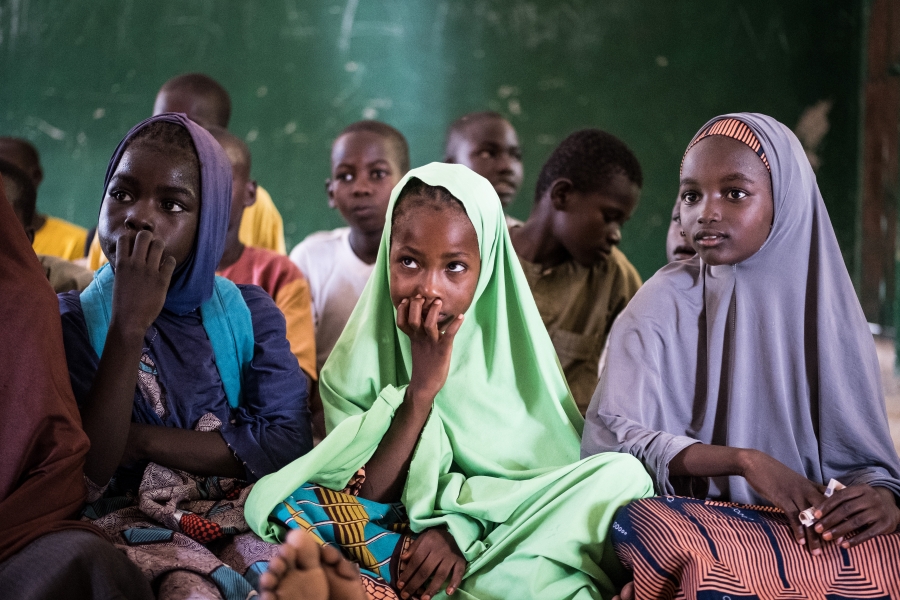Context and Issue
Cash transfer schemes (CCTs) include providing modest financial support to increase the outreach to marginalized and vulnerable within the country; in the context of Nigeria, The World Bank, ESSPIN-UKAID, and The Kano State Ministry of Education worked together to facilitate families with girls.
Solution
The CCT initiative was a three-year pilot scholarship program designed to aid in educating girls, particularly those in disadvantaged households, enabling them to access primary education. The CTT intended to cover incidental expenses associated with attending school, such as uniforms and stationery and compensate for potential lost income from street vending. These transfers were specifically aimed at girls from impoverished backgrounds to discourage them from engaging in street vending to ensure their safety from potential physical and psychological harm. The inclusion criteria of the intervention depended on factors such as enrollment, regular attendance, and academic performance.
Potential Impact
The Conditional Cash Transfer (CCT) initiative has the potential to generate significant educational, social, and economic impacts by improving access to primary education for marginalized girls in Nigeria. By alleviating financial barriers such as the cost of uniforms and stationery, the program enhances school enrollment and retention rates, particularly among disadvantaged households. Additionally, compensating for lost income from street vending helps reduce the economic pressure on families, enabling them to prioritize education over immediate financial needs. Beyond academic benefits, the initiative contributes to improved safety and well-being by reducing girls' exposure to street-related risks, including exploitation and harassment.













